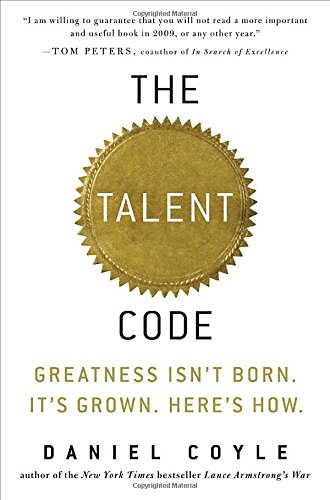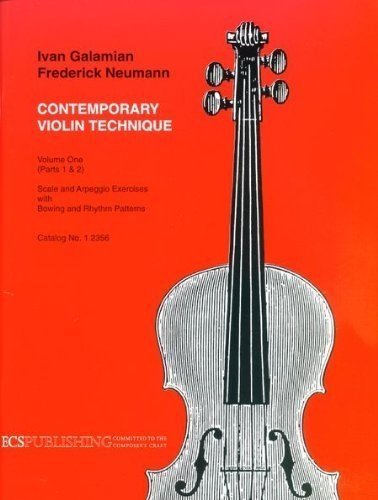All-State Regimen
The Texas Music Educators Association (TMEA) High School All-State audition consists of a live recorded performance of two etudes and four to six excerpts from the major symphonic repertoire. The difficulty level of this goal is commensurate to an audition for a major music festival or small professional orchestra. In order to provide my students with the fundamentals necessary to pursue such an ambitious goal, I tailor a scale and tempo regimen to the demands of the All-State materials. The regimen is mandatory for any of my students who want to compete with the best in the state.
It begins with a reading assignment: The Talent Code by Daniel Coyle. This book dissects various elite performers and explains how they developed the skills necessary to master their craft. My regimen is built around the first concept in this book: “deep practice”. Deep practice consists of building successful repetitions within a reasonable perimeter of the student’s ability. The early assignments of the scales, etudes, and excerpts are worked through at the slowest coherent tempos in order to give each student a solid technical foundation.
The concepts in The Talent Code make the next assignment the most crucial of the regimen. The scale exercises advance the student beyond the technical requirements of the All-State materials. I use Ivan Galamian’s Contemporary Violin Technique, Volume 1 for this regimen. Every scale must be played in the lesson before we are able to work on any of the All-State materials. They follow the same tempo and articulation requirements of the etudes and excerpts.
The assignment for the scales and All-State repertoire consists of several different tempi depending on the technical requirements. Once the student is able to get through the entire etude at quarter tempo, we move on to half tempo. This repeats until the student is performing his or her scales and etude at the TMEA-approved tempo.
Most importantly, this regimen teaches practical time management. Without a practical plan of work, the sheer volume of this work is enormously overwhelming. My intent is that these skills create lasting positive habits that my students can use beyond preparing for All-State. Every lesson begins with the scale assignment of the week, 36 scales at the tempo of the technical etude or excerpts. Only after we get through the first assignment we are able to work on the etudes or excerpts. Every lesson ends with a practical schedule for the student’s work for the following week. Challenging scale assignments are broken down by into manageable pieces of work, speedy etudes and excerpts are given practical tempo progressions. Extended lesson time is also encouraged for the early assignments in this regimen.
The work was hard, laborious, and boring at first. The first stage was particularly painful, having to play scales at quarter tempo. Once I finished with the etudes, there were four more excerpts to practice the exact same way. All the scale work I did earlier went into the etudes and excerpts prescribed for All-State. I didn’t have to struggle with the notes at all, all I had to do was play! The most rewarding part for me was that by audition time, I sounded like a professional violinist. This regimen taught me how to work like a member in a professional orchestra.
The workload was considerably larger than the other repertoire requirements I had previously attempted. It was fast-paced, time-consuming, and at times, very boring. Coupled with AP classes, it was hard to find time to practice, and as a varsity athlete, it made it even harder.
During my first summer of preparing for All-State, I squandered my time by doing other things instead of obediently practicing scales, etudes and excerpts. I definitely regret wasting my time messing around with other hard music and should have just worked on achieving my All-State goals.
The regimen was very hard and required a lot of blood, sweat, and tears to get through it. For any prospective student, I would tell them that they will feel like giving up at times, and even though Turner can give words of encouragement, support, and motivation, but it is truly up the student to push themselves. Their work ethic will determine how they will perform at the All-State audition. They should also record the etudes and the excerpts periodically and take notes on their work. They should listen to the orchestral pieces that correspond to their excerpts. I would recommend doing most of your work during the summer. Since an ambitious academic load is also demanding on your time, plan your practicing accordingly. It takes a lot of hard work to win a spot in the All-State orchestras and this regimen accurately reflects that.
 “The Talent Code” by Daniel Coyle
“The Talent Code” by Daniel Coyle